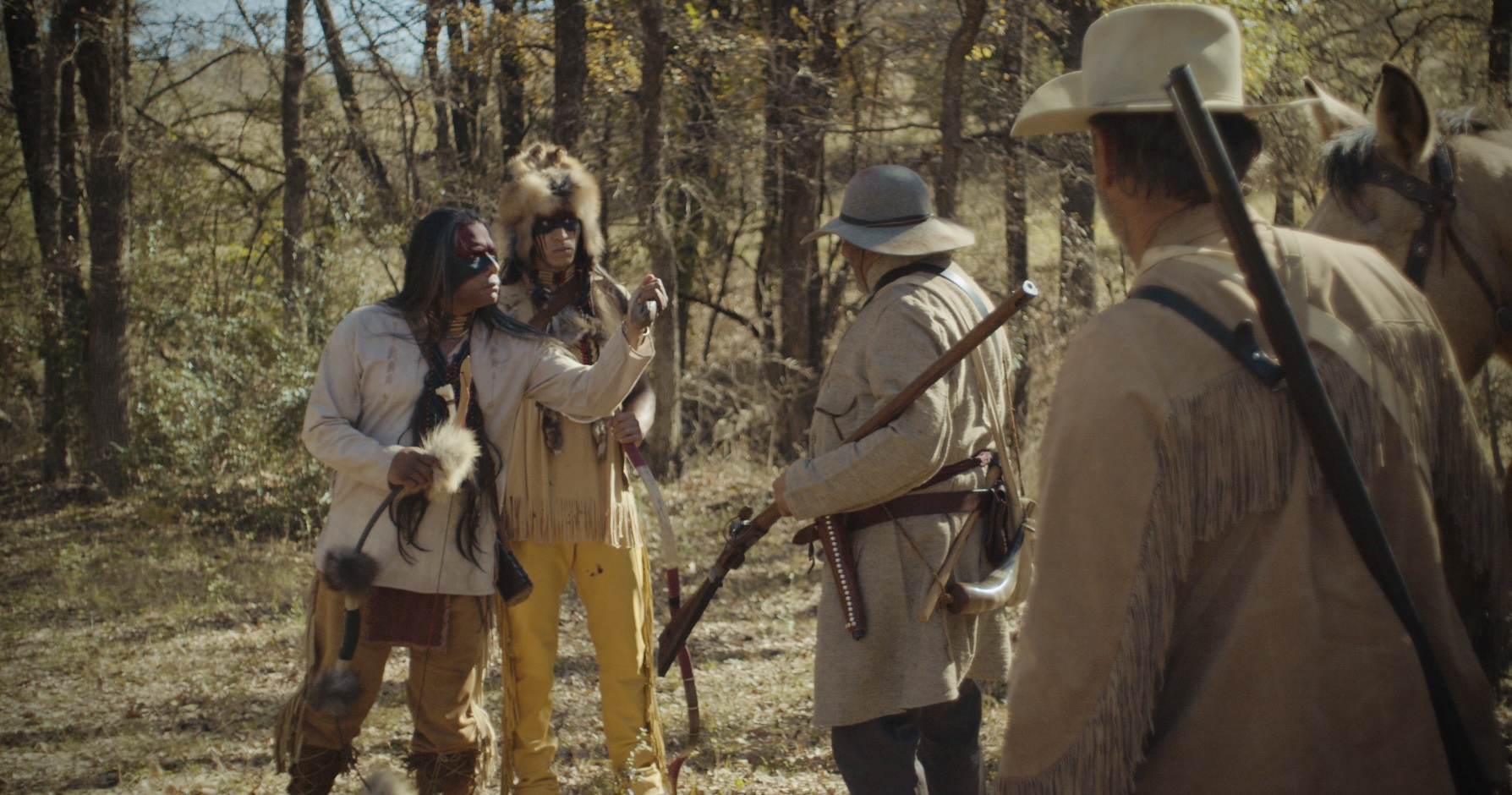![Buckskin (2021) [Action] [Western] | Full movie with Tom Zembrod, Robert Keith, Tiffany McDonald](https://i.ytimg.com/vi/GRMSm2CLfDE/maxresdefault.jpg)
Buckskin, a 2021 low-budget Western written and directed by Brett Bentman, aims to revisit the lonely, dangerous landscapes of frontier America. With a premise full of potential and themes of survival, guilt, and fatherhood, the film sets out to be a moody meditation on the cost of past choices. However, despite a few strong moments, the film ultimately struggles under the weight of its own ambition.
Set in 1820s Texas, the story follows Wesley Porter, a hardened and quiet loner hired by a desperate Army captain to track down his missing grandson, who has vanished into the ominous Buckskin Woods. Porter accepts the job for a meager fee, reluctantly returning to a part of the country that holds painful memories. As he journeys deeper into the forest, he encounters not just the dangers of the wilderness, but unsettling figures from his past and local tribes whose portrayal has drawn criticism for lack of authenticity.
Tom Zembrod, as Porter, gives a mostly solid performance, anchoring the film with a quiet intensity. His portrayal of a man haunted by mistakes and regrets brings some emotional weight to the otherwise slow-paced narrative. However, the supporting cast often feels flat or underdeveloped. The character of Levi, the missing boy, lacks depth, and some performances—particularly from minor roles—suffer from stiff delivery and inexperience, weakening the emotional impact of key scenes.
Visually, the film attempts to create atmosphere through its natural landscapes, but it doesn’t always succeed. While some scenes make good use of open plains and wooded areas, others feel staged or too familiar—like public parks standing in for untamed wilderness. The lighting and cinematography are inconsistent, sometimes drawing viewers in, other times breaking immersion with awkward transitions or odd framing choices.
The pacing is another issue. While Westerns often lean into slow-burn storytelling, Buckskin drags in places where it should build tension. Key moments of action or drama are rushed or handled off-screen, making the film feel unbalanced. Attempts at symbolic storytelling or deeper emotional arcs sometimes come across as unclear or forced.

Still, the film does try to explore deeper themes, such as the long-term impact of violence, the legacy of parenthood, and the line between justice and revenge. In its final act, Buckskin introduces a surprising emotional twist that offers a glimpse of what the film could have been with tighter writing and stronger performances.
Buckskin is a sincere effort that wants to be more than a simple Western, but it often falters in execution. While the film contains moments of intrigue and emotional resonance, they are too few to overcome its uneven pacing, inconsistent acting, and production limitations. For fans of indie Westerns who value theme over polish, there’s something here worth noticing. But for most viewers, Buckskin may feel more like a missed opportunity than a frontier triumph.

